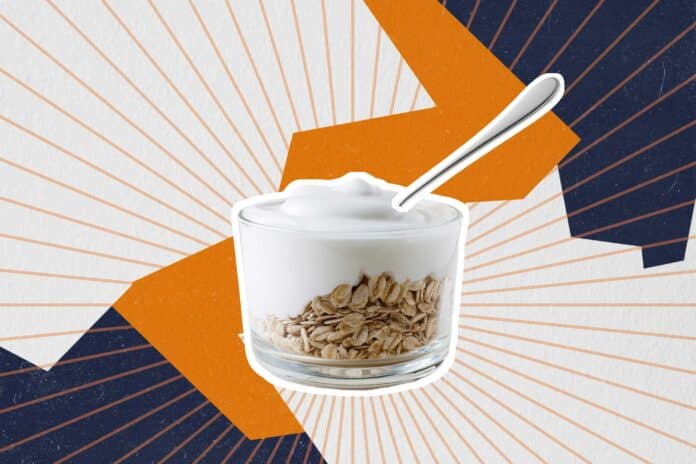Researchers at the University of Virginia School of Medicine found that a bacterium called Lactobacillus, commonly found in fermented foods and yogurt, can help the body handle stress and possibly prevent depression and anxiety.
This discovery could lead to new treatments for mental health conditions like anxiety and depression. The researchers, led by Alban Gaultier, emphasized the significance of identifying Lactobacillus’s specific role, distinguishing it from other microorganisms in and on our bodies.
Researchers study a group of tiny living things called the microbiota, aiming to use them to fight diseases and enhance health. The University of Virginia’s recent research is a big leap in this direction. It offers a fresh method for researchers to determine how each tiny organism contributes, helping develop new treatments for various diseases, including those affecting the mind and body.
Gaultier of UVA’s Department of Neuroscience, its Center for Brain Immunology and Glia, and the TransUniversity Microbiome Initiative said, “Our discovery illuminates how gut-resident Lactobacillus influences mood disorders by tuning the immune system. Our research could pave the way toward discovering much-needed therapeutics for anxiety and depression.”
Our guts naturally host a lot of bacteria, fungi, and viruses more than the cells in our bodies. Despite sounding gross, researchers believe these tiny organisms are crucial for our immune systems, overall health, and mental well-being. Disruptions to this microbial community, caused by illness or a poor diet, can lead to various diseases, including cancer. Researchers are excited about the potential to fight infections by targeting these microorganisms.
However, it’s challenging due to the sheer complexity of the microbiome, which includes around 39 trillion microorganisms. Understanding what each bacterium or fungus does and how they interact is like counting grains of sand on the beach.
Gaultier and his team took a unique approach by focusing on a specific type of bacteria called Lactobacilli. Previous studies from Gaultier’s lab showed that this bacteria could reverse depression in lab mice, a promising discovery.
However, understanding how it worked was a challenge due to the complexities of studying the microbiome. To overcome this, the researchers continued their depression research using a bacterial collection known as ‘Altered Schaedler Flora,’ which includes two strains of Lactobacillus and six other bacterial strains. This allowed them to study mice with and without Lactobacillus without using antibiotics.
The Altered Schaedler Flora study yielded exciting results. Gaultier and team explained how Lactobacilli impact behavior and how their absence can worsen depression and anxiety. Lactobacilli, part of the Lactobaccillacea family, maintain immune mediator interferon-gamma, regulating the body’s stress response and preventing depression.
University researcher Andrea R. Merchak highlighted the discovery’s potential for developing better probiotics and treatments. With this knowledge, researchers aim to create new ways to prevent and treat depression, suggesting that specially formulated probiotic supplements could optimize levels of beneficial Lactobacillus for those struggling with or at risk for depression.
Researcher Andrea R. Merchak said, “With these results in hand, we have new tools to optimize the development of probiotics, which should speed up discoveries for novel therapies. Most importantly, we can now explore how maintaining a healthy Lactobacillus and interferon-gamma could be investigated to prevent and treat anxiety and depression.”
The study underscores the intricate connection between gut health and mental well-being, offering a pathway to explore novel interventions for mental health conditions. By unraveling the role of Lactobacillus in stress resilience and mood regulation, researchers aim to pave the way for more effective treatments and preventive measures in mental health.
Journal reference:
- Andrea R. Merchak, Samuel Wachamo, et al., Lactobacillus from the Altered Schaedler Flora maintain IFNγ homeostasis to promote behavioral stress resilience. Brain, Behavior and Immunity. DOI: 10.1016/j.bbi.2023.11.001.
